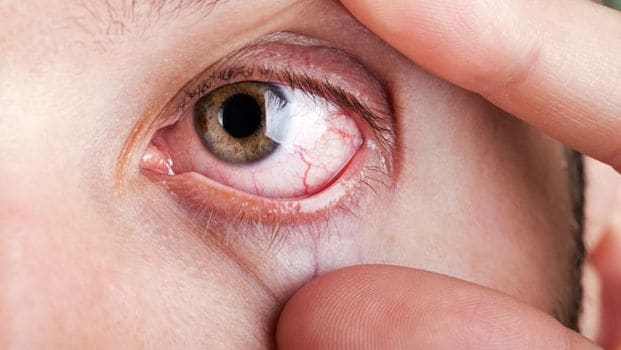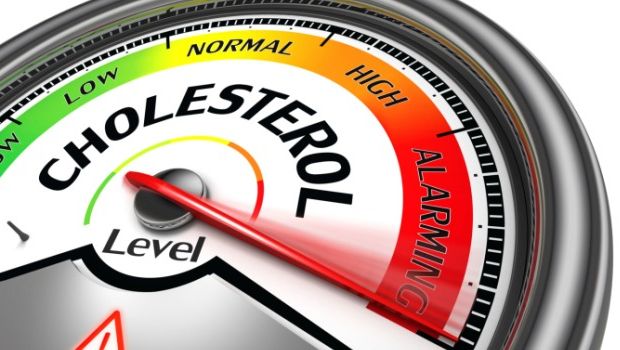What Role Does Vitamin D Play?
Vitamin D is required to absorb essential minerals like calcium in order to promote bone growth. Vitamin D deficiency has been linked to weight gain, depression, heart diseases, et al. Vitamin D is produced by the body itself, only after skin exposure to sufficient sunlight. There are certain foods that have sufficient amounts of vitamin D; however, the best source is sunlight. Too little vitamin D may develop soft, thin, and brittle bones, a condition known as rickets in children and osteomalacia in adults.
Research suggests that vitamin D could play a vital role in the prevention and treatment of a number of different conditions, which includes type-1 and type-2 diabetes, high blood pressure, glucose intolerance and multiple sclerosis.

Research suggests that vitamin D could play a vital role in the prevention of health conditions
Vitamin D Deficiency Symptoms
Here are a few symptoms of vitamin D deficiency:
- Getting sick or infected often
- Fatigue or tiredness
- Bone or back pain
- Depression
- Excessive hair loss
- Muscle pain
- Loss of bone density
- Slow healing of wounds
Vitamin D Benefits
Here are some vitamin D benefits that you should know:
1. Vitamin D May Keep Eye Problems At Bay
One of the most important vitamin D benefits includes vision care. Vision starts to dip as we age; however, it is said that optimal amount of vitamin D levels may help keep such problems at bay. It may also help reduce in retinal inflammation, which is one of the symptoms of ageing.(Also Read: Summer Eye Care: 8 Kitchen Ingredients For Healthy And Relaxed Eyes)

2. Vitamin D May Help Reduce Muscle Spasms
One of vitamin D's important roles is to keep muscles functioning and strong by helping them absorb calcium. Vitamin D deficiency may cause muscle aches, which is also one of the first signs of rickets. Do not ignore weird muscle cramps or spasms that may occur at any point of time in your hands or feet.
3. May Help Reduce Bad Cholesterol Levels
Vitamin D benefits also include lowering bad cholesterol levels. Studies claim that taking calcium and vitamin D together may help improve cholesterol levels in post-menopausal overweight or obese women. While there is not enough evidence, it is still believed that vitamin D has positive effects on your heart.

4. May Help Reduce Chronic Headaches
According to a study in Scientific Reports, researchers found that the group with the lowest vitamin D levels had over a two-fold risk of chronic headache as compared to those with the highest levels. It is said that the anti-inflammatory properties of vitamin D may help combat the inflammation that triggers migraines and headaches.
5. Vitamin D May Help Boost Weight Loss
Sufficient amount of vitamin D in the body has been linked to weight loss. According to a study published in the Nutrition Journal, vitamin D levels resulted in decreases in fat mass. It is said that vitamin D could potentially reduce the formation of new fat cells in the body. It could also suppress the storage of fat cells, further reducing fat accumulation.

How Much Vitamin D Do You Really Need Daily?
According to National Institutes of Health (NIH), Office of Dietary Supplements, here is the recommended amount of vitamin D on a daily basis.
- Kids between 1- 13 years need 15 microgram (mcg)
- Teenagers between 14-18 years need 15 microgram (mcg)
- Adults between 19-50 years need 15 microgram (mcg)
Best Sources Of The Sunshine Vitamin
According to the British Dietetics Association, about 15 minutes of sunlight exposure thrice a week between 11:00 am to 3:00 pm is essential to load up on vitamin D. Here are some dietary sources of vitamin D that you should include in your daily diet.
- Fish oil, cod liver
- Shiitake mushroom, dried
- Eggs
- Milk
- Buttermilk (whole milk)
- Cheddar cheese or parmesan
- Soy milk
- Yogurt
- Margarines
- Butter (preferably white butter)
Do not forget to add this vitamin in your life to keep health problems at bay.








